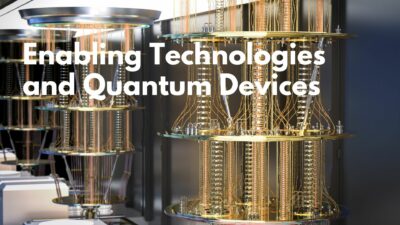Researchers at JILA, a joint institute of NIST and the University of Colorado Boulder, have developed a highly efficient and durable source of terahertz radiation using a semiconductor surface patterned with metal electrodes and excited by ultrafast laser pulses. The new technology could have applications in detecting trace gases and imaging weapons in security screening.
The key innovations in the JILA system include:
1. A silicon oxide insulation layer between the semiconductor and electrodes to prevent electron trapping and electric field spikes
2. Rapid oscillation of the electric field using a radiofrequency signal, allowing higher optical power without semiconductor damage
The system produces a peak terahertz field comparable to other methods while avoiding the need for microscopically patterned samples or high-voltage electronics. NIST has filed a provisional patent for the technology, which currently uses a large titanium-doped sapphire laser but could be made more compact with different materials.
Keywords: terahertz radiation, semiconductor, ultrafast laser, electric field, terahertz field


